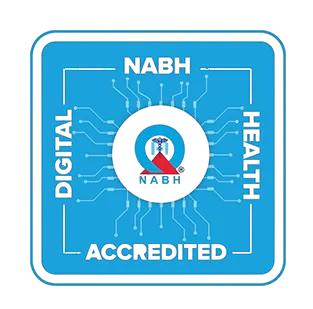Home - Cancer FAQ
Cancer: Myths and facts
Will eating sugar make my cancer worse?
No. Although research has shown that cancer cells consume more sugar (glucose) than normal cells, no studies have shown that eating sugar will make your cancer worse or that, if you stop eating sugar, your cancer will shrink or disappear. However, a high-sugar diet may contribute to excess weight gain, and obesity is associated with an increased risk of developing several types of cancer.
Does my attitude—positive or negative—determine my risk of getting or surviving cancer?
To date, there is no convincing scientific evidence that links a person’s “attitude” to their risk of developing or dying from cancer. If you have cancer, it’s normal to feel sad, angry, or discouraged sometimes and positive or upbeat at other times. People with a positive attitude may be more likely to maintain social connections and stay active, and physical activity and emotional support may help you cope with your cancer.
Will cancer get worse if exposed to air?
No. Exposure to air will not make tumours grow faster or cause cancer to spread to other parts of the body.
Do cell phones cause cancer?
No, according to the best studies completed so far. Cancer is caused by genetic mutations, and cell phones emit a type of low-frequency energy that does not damage genes.
Do power lines cause cancer?
No, according to the best studies completed so far. Power lines emit both electric and magnetic energy. The electric energy emitted by power lines is easily shielded or weakened by walls and other objects. The magnetic energy emitted by power lines is a low-frequency form of radiation that does not damage genes.
Are there herbal products that can cure cancer?
No. Although some studies suggest that alternative or complementary therapies, including some herbs, may help patients cope with the side effects of cancer treatment, no herbal products have been shown to be effective for treating cancer. In fact, some herbal products may be harmful when taken during chemotherapy or radiation therapy because they may interfere with how these treatments work.
If someone in my family has cancer, am I likely to get cancer, too?
Not necessarily. Cancer is caused by harmful changes (mutations) in genes. Only about 5 to 10 percent of cancers are caused by harmful mutations that are inherited from a person’s parents. In families with an inherited cancer-causing mutation, multiple family members will often develop the same type of cancer. These cancers are called “familial” or “hereditary” cancers. The remaining 90 to 95 percent of cancers are caused by mutations that happen during a person’s lifetime as a natural result of aging and exposure to environmental factors, such as tobacco smoke and radiation. These cancers are called “non-hereditary” or “spontaneous” cancers.
Do antiperspirants or deodorants cause breast cancer?
No. The best studies so far have found no evidence linking the chemicals typically found in antiperspirants and deodorants with changes in breast tissue.
Can an injury or blow to the breast cause cancer?
• Injury, trauma, or a blow to the breast does not cause cancer
• There’s also no good explanation for how an injury could cause cancer in breast tissue
• But injuries may sometimes lead to someone finding a cancer near to the injured area that was already there.
Can milk and dairy products cause cancer?
There is no proof it increases or decreases the risk of any cancer type.
Do pesticides on food cause cancer?
No. There can be small amounts of pesticides or herbicides on the surface of what we eat. But levels are low and do not increase the risk of cancer in people.













